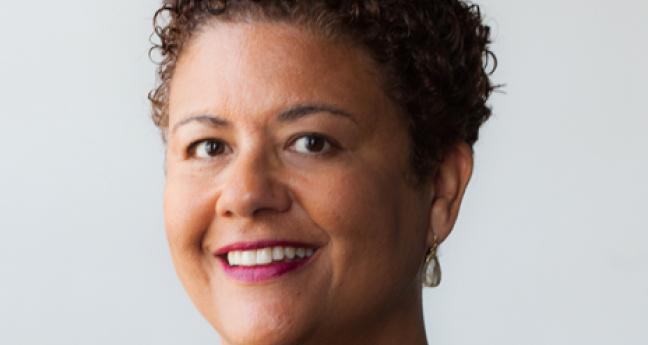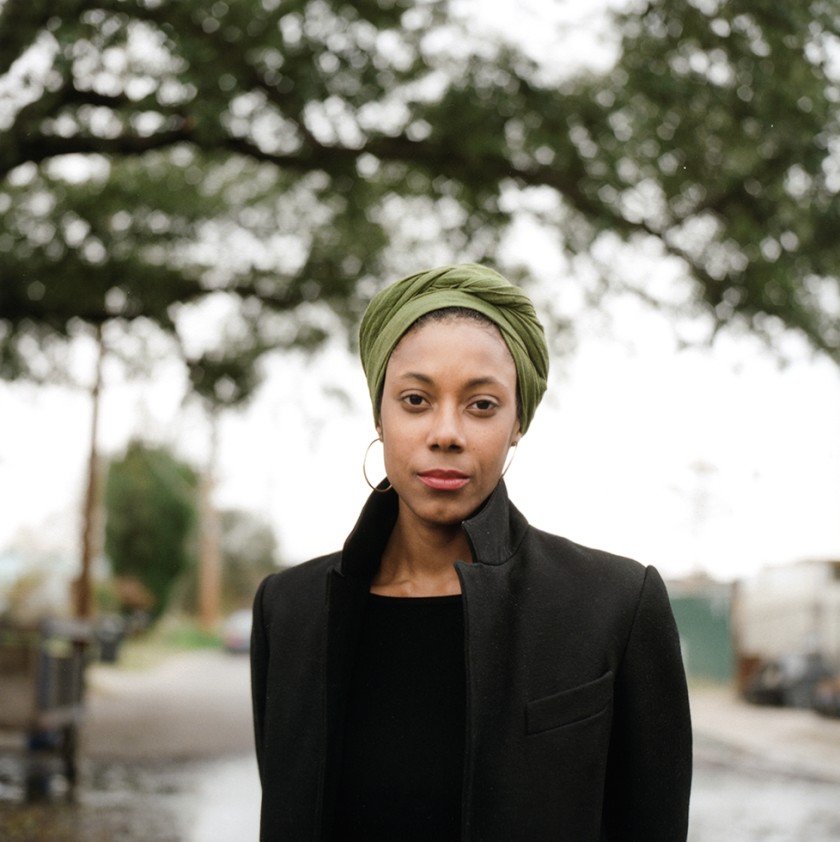 A 200-page book on the untimely death of a spouse hardly seems like it would make for light summer reading. But as I’ve devoured Elizabeth Alexander‘s new memoir, The Light of The World, I’ve discovered that there’s beauty in loss, there’s sparkle in remembrance.
A 200-page book on the untimely death of a spouse hardly seems like it would make for light summer reading. But as I’ve devoured Elizabeth Alexander‘s new memoir, The Light of The World, I’ve discovered that there’s beauty in loss, there’s sparkle in remembrance.
The poet lost her husband, painter and chef Ficre Ghebreyesus (pronounced Fee-kray Geb-reh-yess-oos) in April 2012, days after his 50th birthday. Their 15-year union produced two sons, Solomon and Simon, and a cozy life in Connecticut, where Alexander is a professor at Yale University. She composed “Praise Song for the Day” for President Obama’s 2009 inauguration; a year later she won the 2010 Anisfield-Wolf lifetime achievement prize.
Light does not begin with her husband’s passing, with Alexander preferring we get to know the man before we get to know the ghost. We get to peek into their daily courtship, the mundane aspects of a relationship—leaving for work, waiting up for a partner to get home—taking on a heightened importance. She paints a portrait of a man filled with pride for his Eritrean heritage and an extended family that spanned the globe. Still fresh from her loss, she decided to write this memoir to “fix him in place, to pass time in his company, to make sure I remember, even though I know I will never forget.”
Alexander insists that she knew she would marry her husband at first sight, confiding that she felt a “visceral torque” after laying eyes on her future beloved. But perhaps more powerfully, Alexander is able to show how much her husband loved her, how much of his life was dedicated to bringing light to hers.
Readers holding their breath for the details of Ghebreyesus’ death should know that it comes quickly. Here, the pain and uncertainty of death arrive fresh, even though we know what story we signed up to read. Alexander wrestles with the brutal unfairness of it all: “The slim one who eats oatmeal and flaxseed is the one who dies, while the plump one who eats bacon unabashed stays alive.”
Their story is overwhelmingly and achingly beautiful, with passages that elevate ho-hum Sunday dinners to love-drenched culinary affairs. (The inclusion of a few of Ghebreyesus’ best recipes only tease the senses; I’ve got my eye on the shrimp barka.) Their whole lives were art, from the music to the food to the telling of it all—it is a fitting tribute that one of her husband’s paintings adorns the cover.
“What are the odds that we would end up in the same place and fall in love?” she mused. “Once upon a time, halfway around the world, two women were pregnant at the same time in very different places and their children grew up and found each other.” What are the odds, indeed.



